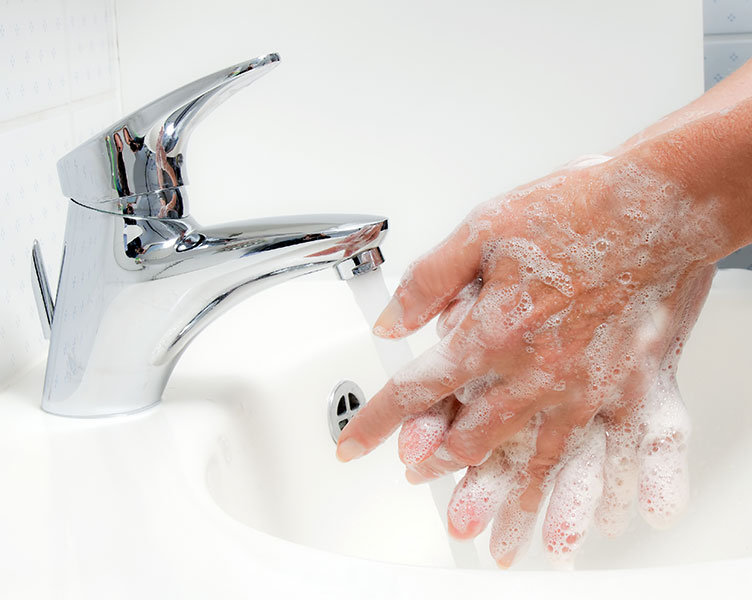
Besides drinking adequate fluids, regularly emptying the bladder and maintaining a good personal hygiene, women need to include some extra routines to reduce the risk of getting urinary tract infection.
Precautions when you have sex
During intercourse your genital area will always be introduced to bacteria – either from yourself or from your partner. Follow these rules before, during and after sex to limit the amount of bacteria:
Before sex:
Empty your bladder. A full bladder may allow for conditions where bacteria may settle down and grow.
Wash your genital area or shower to wash away bacteria.
During sex:
If you feel dry during intercourse use a water-soluble gel (lubricant) to help reduce friction and stress of the tissue, which may contribute to the development of a UTI. Other irritants that may lead to irritation and trauma of the area include diaphragms and spermicides. If you have frequent UTIs talk to your doctor alternative methods of birth control.
After sex:
Empty your bladder immediately after having sex, even though there is only a small amount of urine in your bladder. This will flush out potential bacteria.
Drink 2-3 glasses of water and urinate when you have the urge to do so. The goal is to have a good steady stream of urine to flush any bacteria from the bladder.

Avoid fragrance "down there"
Don’t use sprays, deodorants, powders or heavily scented soap on the genital area. Some laundry detergents, bleaches and fabric softeners may leave residues in your underwear. Use unscented products instead.
Why?
Perfume or other fragranced chemicals can irritate your skin or cause allergic reactions. Irritated skin has a higher risk of getting infected.
Wear cotton and loose-fitting clothes
You may want to wear cotton underwear and loose-fitting clothes, so air can keep the area around the urethra dry. Tight-fitting jeans and nylon underwear are not good, because they can trap excess moisture which can contribute to the growth of bacteria.
Other good advice:
- Change sanitary pads and tampons frequently during menstruation
- Be careful how you wipe yourself – always wipe from front to back, so that the bacteria from your anal area is not pushed into the urethra
Read more about how to avoid urinary tract infection.
These are general guidelines meant to help you with typical questions. You should follow the specific instructions provided by your healthcare provider and the intermittent catheterization solution you are using.



